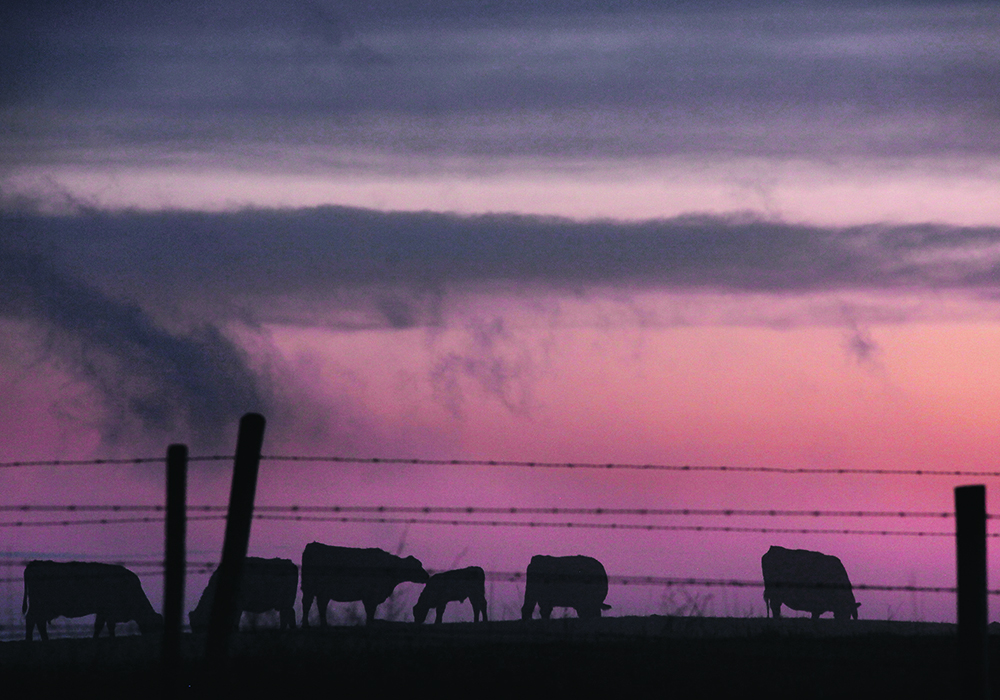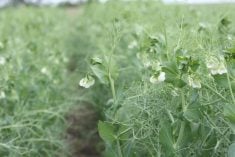SWIFT CURRENT, Sask. — Saskatchewan cattle producers continue to be concerned about how imposed sustainability disclosure standards could affect their business.
These are climate-related disclosures that investors, lenders and others use to assess sustainability performance and are part of an international effort. Currently, companies can voluntarily disclose such information, but there is a movement to make them mandatory and hold companies liable for what they claim.
The comment period recently closed for the standards proposed by the Canadian Sustainability Standards Board (CSSB), and Tammy Nemeth, an environmental, social and governance analyst based in the United Kingdom, said producers should be worried.
Read Also

U.S. government investigates high input costs
The USDA and DOJ are investigating high input costs, but nothing is happening in Canada.
“I know that a lot of Saskatchewan producers commented on this because I think it was really important for them, the standard setters, to know how this could affect producers and how this affects the food supply and makes us competitively disadvantaged with respect to the United States,” she told reporters after her presentation to the Saskatchewan Stock Growers Association.
Two of the first five standards would affect cattle producers the most: mandatory Scope-3 emissions reporting and high baseline water stress reporting.
Nemeth said the guidance, the way it is currently written, discriminates against operations that produce livestock or livestock feed in drier areas. However, even through drought, producers have continued to produce high quality beef and take care of their land, she added.
“But when you have massive investors who aren’t paying attention, don’t really care, they’re just going to look at a number,” Nemeth said.
Scope-3 emission standards are a concern because everyone in a supply chain will have to count them. There could be duplication and multiple problems obtaining accurate numbers.
Nemeth said there has been no decision on who will monitor and audit these emissions, and the International Accounting Standards Board has already said there aren’t enough auditors to do the work.
The stock growers passed a resolution to work within the sector and with other affected industries to oppose the standards.
They said the CSSB is “weaponizing finance” by restricting access to financing to enforce the standards.
















